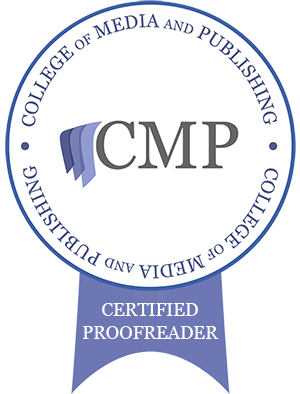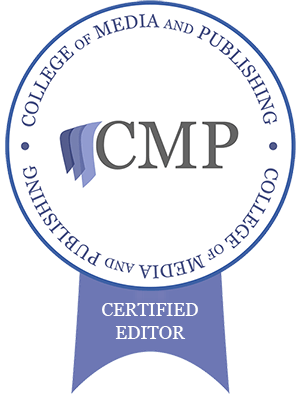
Homonyms and Homophones
What do I mean by this? Let’s get into it. Homonyms and homophones are words that are similar but have different meanings. Homonyms are a kind of catch all term for homographs, words that are spelled the same, or homophones, words that sounds the same (with different spelling) and have different meanings. Some words are both, and come under homonyms.
‘Homo-‘ is a prefix used in a lot of words, and it means ‘the same’. Homogenous, homosexual, homozygous, it’s used a lot. It’s opposite being ‘hetero-‘. These prefixes come from Greek. So let’s get into the definitions properly before we look at some common examples.
Homograph: words that are spelled the same, although may have different pronunciations.
Homophones: words that have the same pronunciation but may have different spelling.
Homonyms: words that have the same spelling and pronunciation but with different meanings.
Homograph Examples
- Read: a verb which is spelled the same and pronounced differently depending on the tense. Pronounced like ‘reed’ for present or future tense, and pronounced like ‘red’ for past tense. Oh, look some homophone examples too!
- Bow: can be pronounced two ways, one meaning a weapon designed to shoot arrows, another referring to a respectful gesture of dipping one’s head. There are other meanings too.
- Tear: can be a rip in something or it can mean the fluid produced that protects the eyes, and falls when someone is crying.
Homophone Examples
- Lead and Led: lead meaning the heavy metal and led being the past tense of the verb ‘lead’ (which is a homograph of the noun, ‘lead’)
- Sea and See: sea meaning coastal water between landmasses and see meaning to use ones vision to collect information.
- Bear and bare: bear meaning a large grizzly animal and bare meaning to expose or reveal.
Homonym Examples
- Stalk: can mean both the upright portion of a plant and to follow someone
- Bark: the protective outer coating of a tree trunk and a sound a dog makes
- Left: the past tense of leave and the opposite of right.
The Important Ones to Know
You might be thinking I’ve left a few out of the lists above. That’s on purpose, because I want to address them here. These are groups of homonyms that are commonly mixed up and confused. So I want to highlight them to help you make sure you know which is which. To read more, please see previous blog posts on pronouns and apostrophes.
Their, they’re and there
These ones get confused all the time. They all sound the same, but have different spellings and meanings, making them homophones. So, which is which and how do you know which to use?
Their: a possessive pronoun relating to either a group of people or a single person of unspecified gender. “It is their dog. They’re over there.”
They’re: a contraction of ‘they are’. “It is their dog. They’re over there.”
There: a demonstrative adverb referring to a place or position. “It is their dog. They’re over there.”

Your and You’re
Again, very commonly confused, these two words. Your is a possessive pronoun, used for something that belongs to you. “That is your dog? You’re lucky.”
You’re is a contraction of ‘you are’. “That is your dog? You’re lucky.”
Remember the apostrophe post? You’re has an apostrophe because it’s a contraction of two words. Make sense?
To, Too and Two
And the third group of homonyms that are very frequently confused, is these three.
To: a preposition expressing motion or approaching a place or condition. “Going to the supermarket.”
Too: means either ‘also’ or excessively. “She was driving too fast. You thought so too?”
Two: is the number 2.
Conclusion
I know this might all sound very simple and easy, basic English from primary school, but I’ve chosen to cover it for a reason. These are frequent mistakes seen everywhere from social media posts to academic essays. They’re easy to miss as well, as a basic computer spell check will not catch them, unless you have spelled the word wrong as well as using the wrong word. Modern grammar checks might catch them and realise you have used the wrong word, but they might not catch it either.
That is where a good proofreader comes in, because part of our job is to spot these kinds of mistakes. Don’t get me wrong, modern software and AI tools are a lot better than they used to be in the early days of spelling and grammar checkers but they’re not perfect, a human eye is needed to be sure it is all correct.




